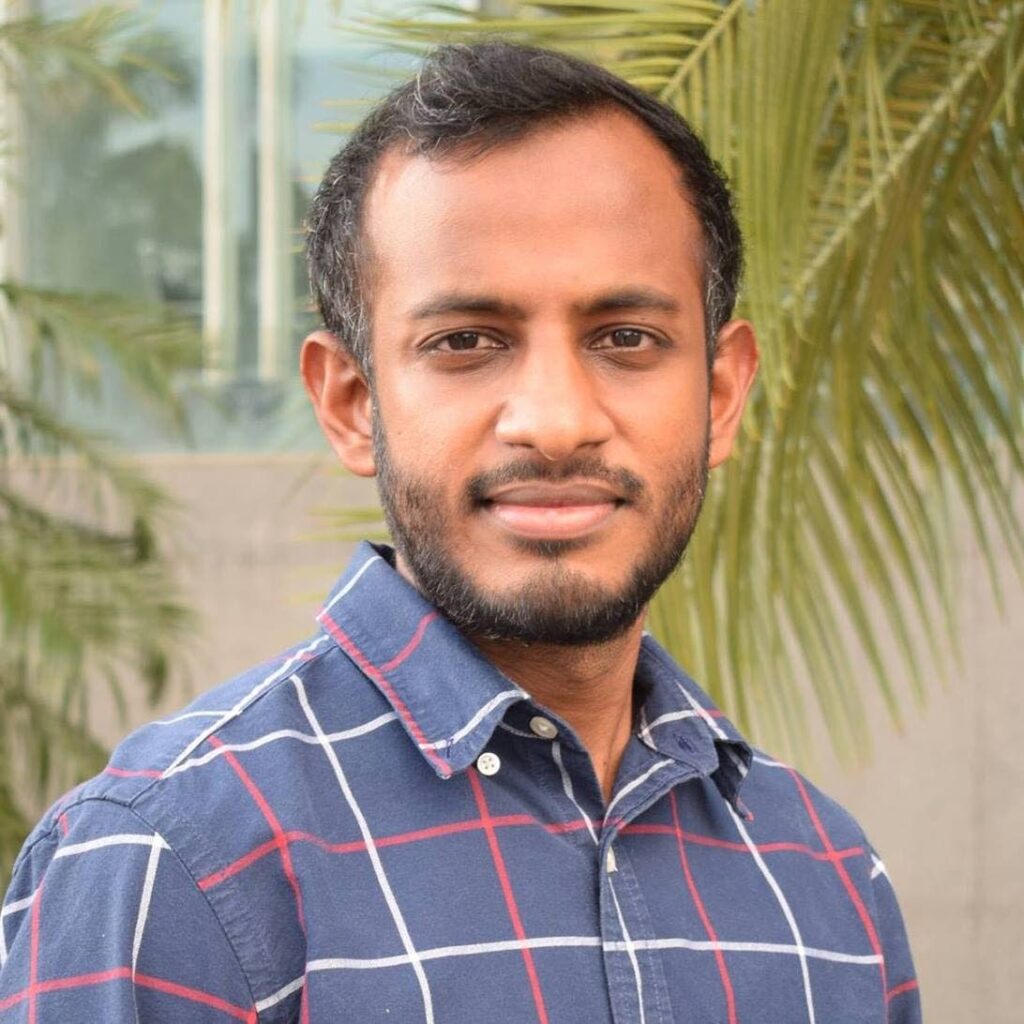When faith meets medicine

Taureef Mohammed
FOR TWO weeks, the elderly man was on life support. He was in a different realm – the grey zone, some call it – while his spouse prayed for a miracle.
It was difficult for her. A few minutes before he collapsed, her husband was washing the dishes. When EMS arrived, he was pulseless – he was dead. They performed CPR and, after some time, got back a pulse. To keep him alive – to maintain a pulse, to keep his heart beating, blood pressure up, blood oxygenated, brain perfused – he was placed on life support: intubated, ventilated with a mechanical device, started on medications to squeeze the heart, and admitted to the ICU.
After a week, then two weeks, on life support, it became obvious that he did not have much life remaining to support. The machines and medications were simply keeping a circuit running.
The medical team decided to meet with the family to discuss de-escalation of care. The children deferred to their mother. She said her husband was a fighter, a believer, and he wouldn’t want to give up. A doctor explained that her husband’s chances of returning to a reasonable quality of life was almost zero, that life-sustaining interventions were prolonging his suffering, that he was being kept alive artificially. She said everything was up to God. The circuit continued to run. She continued to pray.
Some days later, the patient’s heart stopped. I was on call as the junior doctor. Everybody scrambled around his bed. Someone was doing chest compressions. I stepped aside with a colleague and called his wife. I told her his heart had stopped. She said do what you can to restart it. I fumbled with my words.
“I am so sorry, but John (not his real name) died. He’s passed on. There’s nothing more we can do,” my experienced ICU colleague said, tears in her eye. Acceptance and peace followed clarity.
“Are you a believer?” a patient asked, months later.
The elderly man, breathing at a fast rate, struggled to get the question out. He was wearing an oxygen face mask. He was working hard to breathe; beads of sweat were on his forehead.
He had advanced heart failure and, on top of that, covid19. He was on the medical ward. According to his chart, he did not want ICU-level care.
At some point in the past he would have discussed the issue of life support measures – intubation, ventilation, medications to squeeze the heart – and decided he did not want them. If his heart stopped beating, he wanted to be left alone. Restarting the heart, he knew, would mean agreeing to life support measures – they came together. Perhaps a healthcare worker had walked him through all of this earlier on his admission, or maybe some years ago in the cardiology clinic.
He had resolved, in his mind, the medical matters: advanced heart failure, covid19, life support, CPR. He knew what he had, and what he wanted. He knew how far he was willing to go.
So, faith was now on his mind. He looked worried. He was in bed, upright, leaning slightly forward, his hands on the overbed table. On the table there was a holy book next to an untouched meal. I was doing a routine check-up – listening to his heart and lungs, pressing his legs to look for indentations – when he asked the question. He had a high-pitched voice.
As a doctor, there are times when you pause. This was one of those moments.
I answered him, hoping my answer would provide some comfort rather than more distress, and continued on with examining him. I explained to him that he had fluid in his lungs and we needed to increase his Lasix dose. He looked reassured that there was something that could be done. That was the last time I saw him. A few days later, he died.
“Are you a believer?” The question, the elderly man, his worried look, his voice remained in my mind. Was he at peace when he died?
In the end, I was contented that his mind was on something other than medicine. I was glad he had resolved the medical matters. He had clarity. As a doctor I knew that the medicalisation of death had made dying very complicated.
And perhaps, in this day and age, providing clarity is one of the best things a doctor can do for a patient. After all, how else would faith and medicine meet?
Taureef Mohammed is a graduate of UWI and a geriatric medicine fellow at Western University, Canada

Comments
"When faith meets medicine"